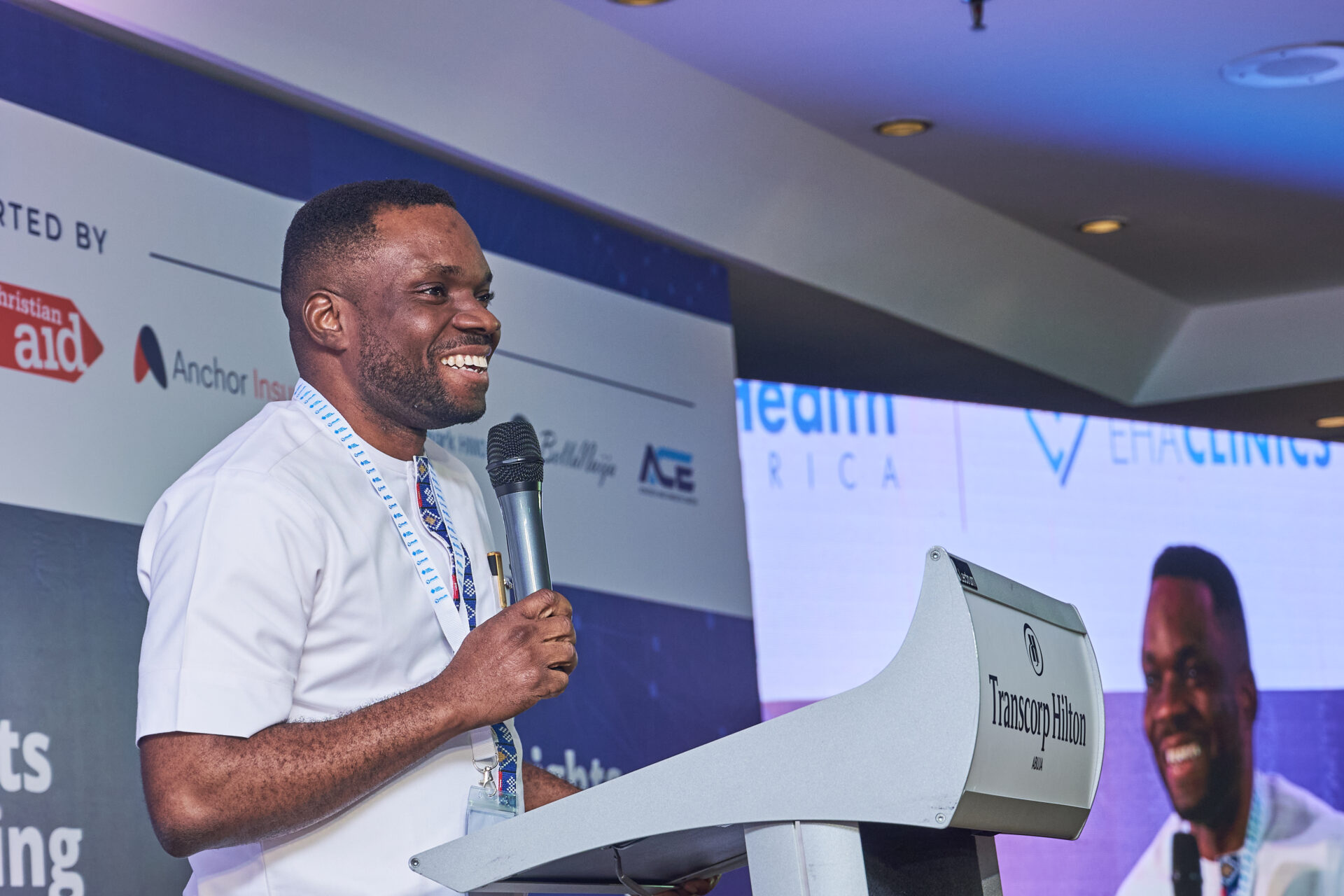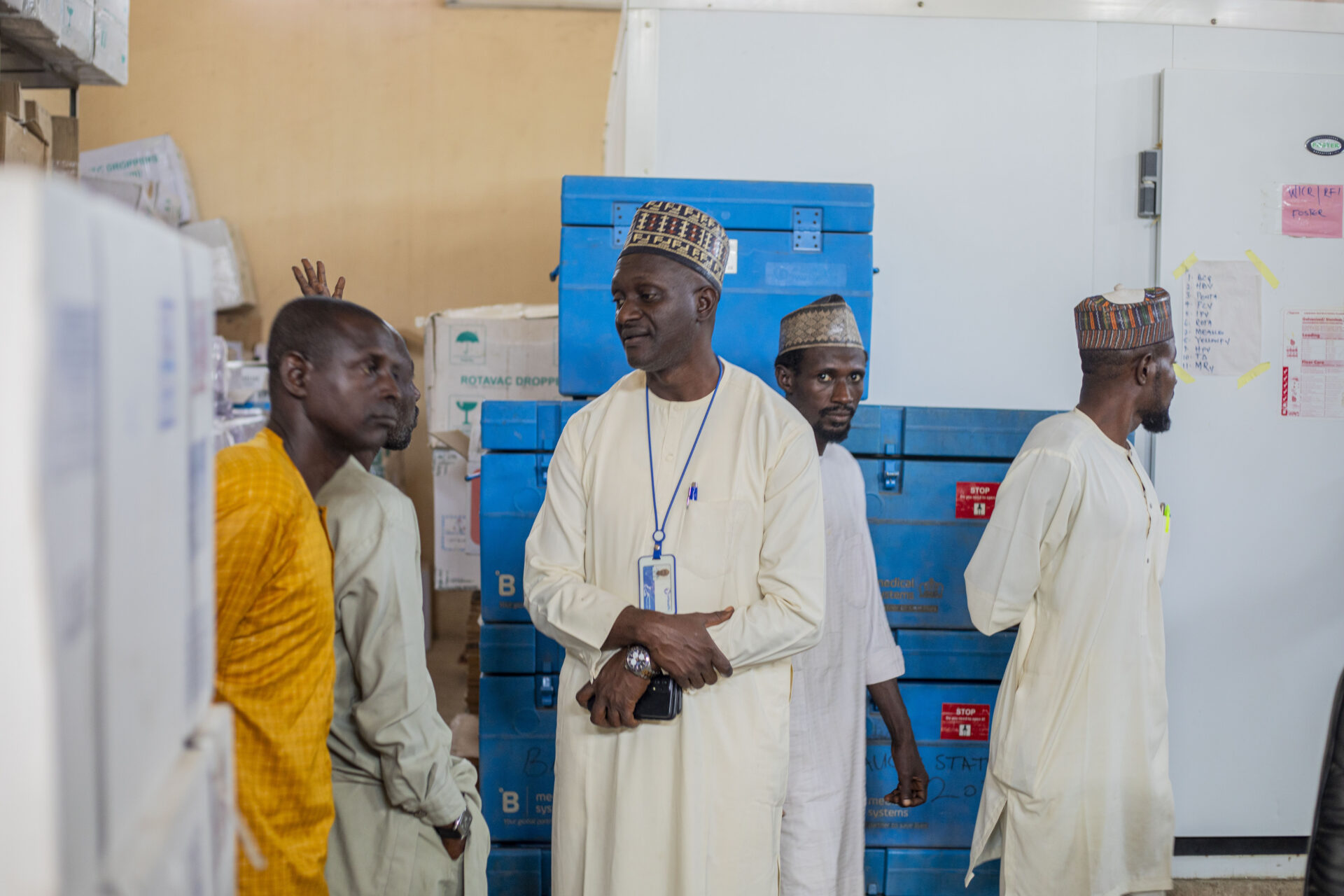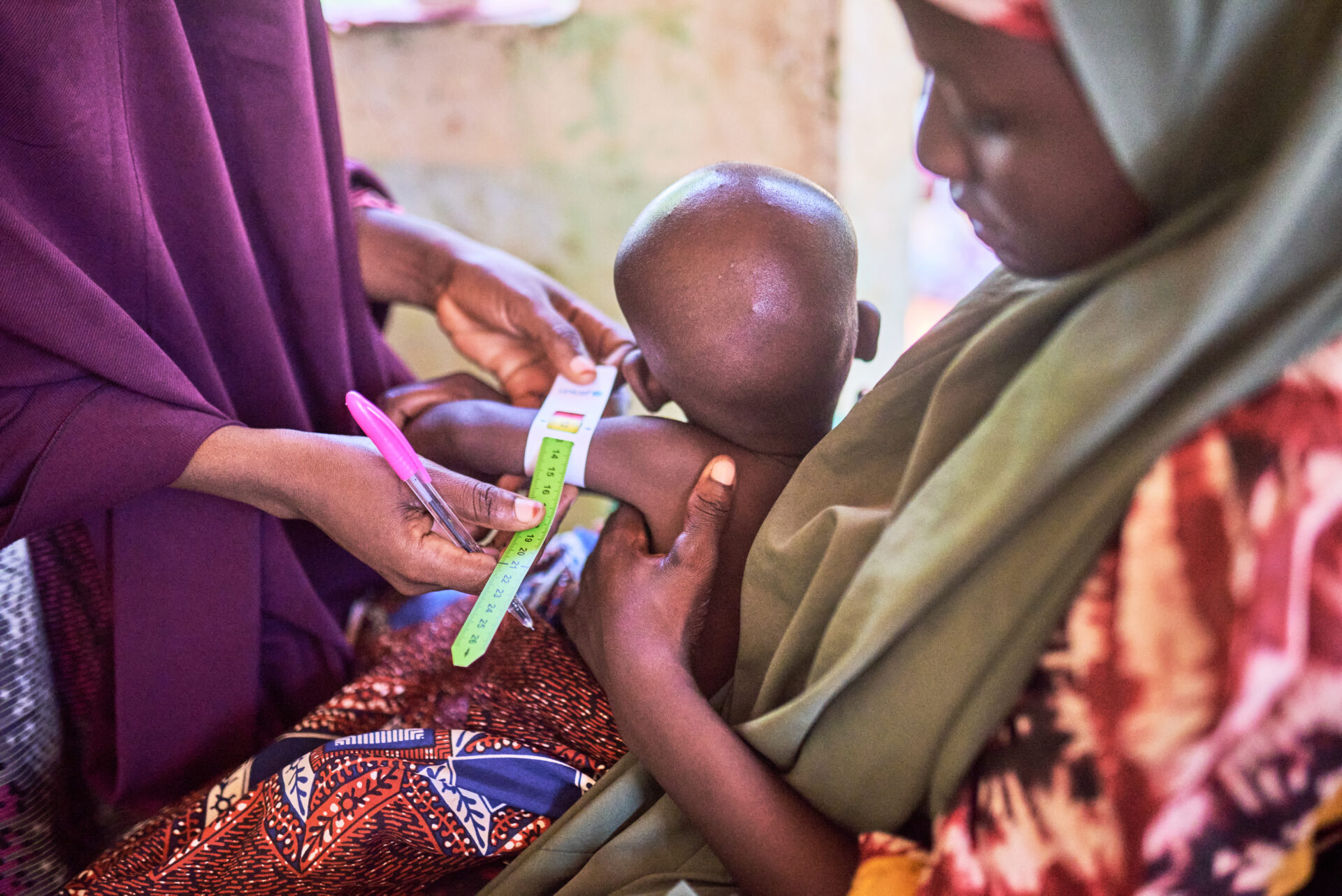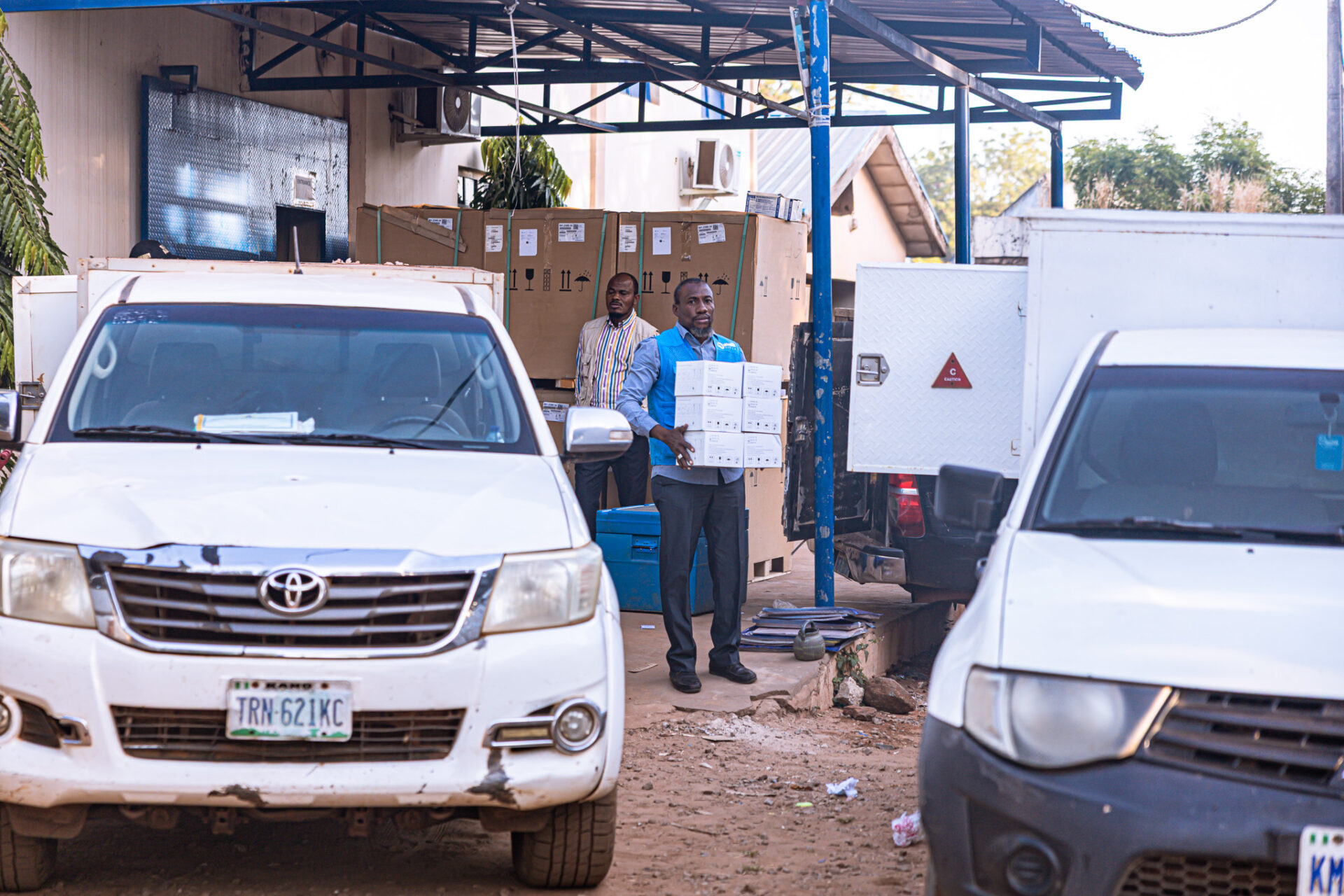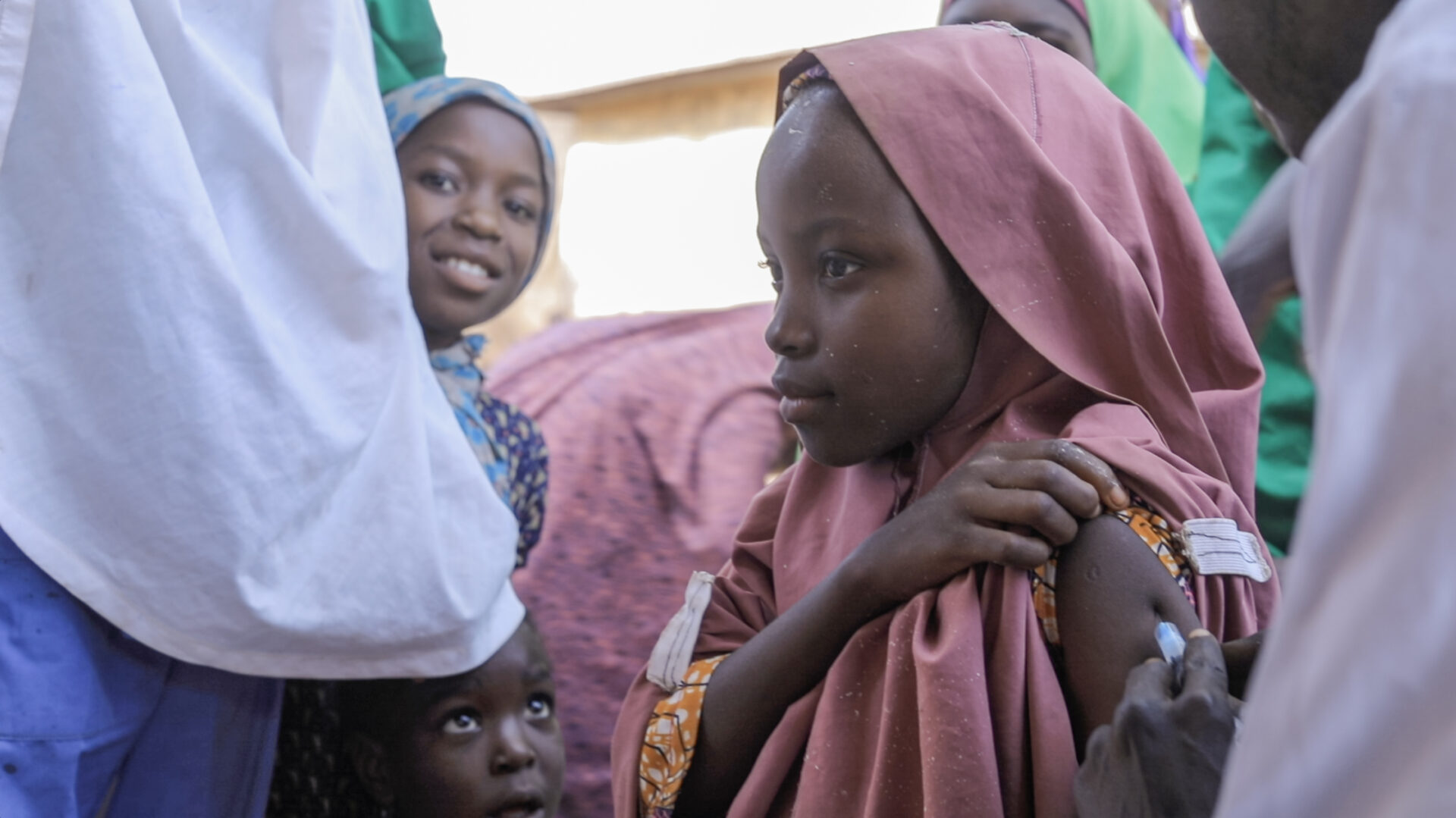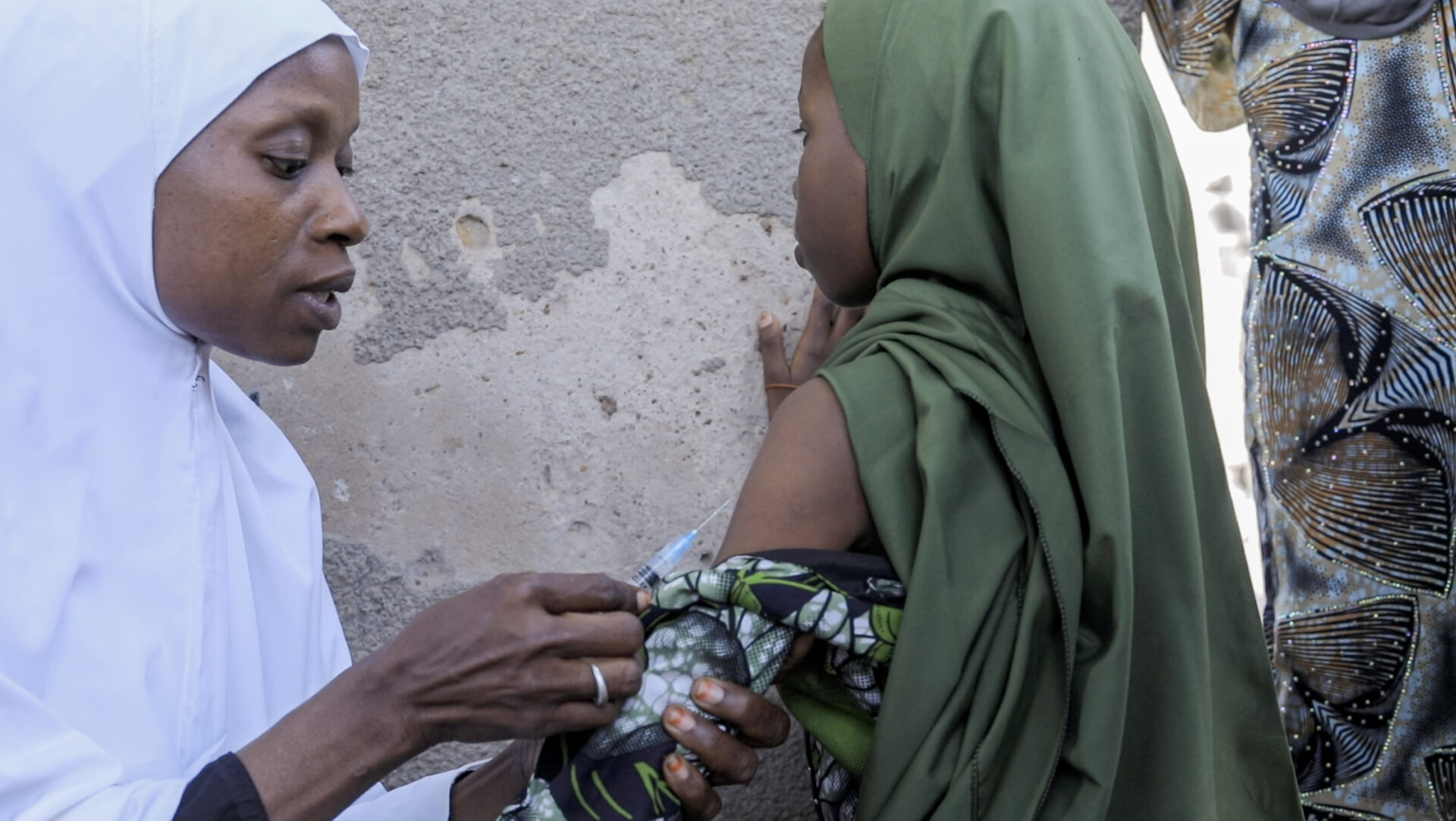August 14, 2025
5 Big Lessons from Insights Learning Forum 2025
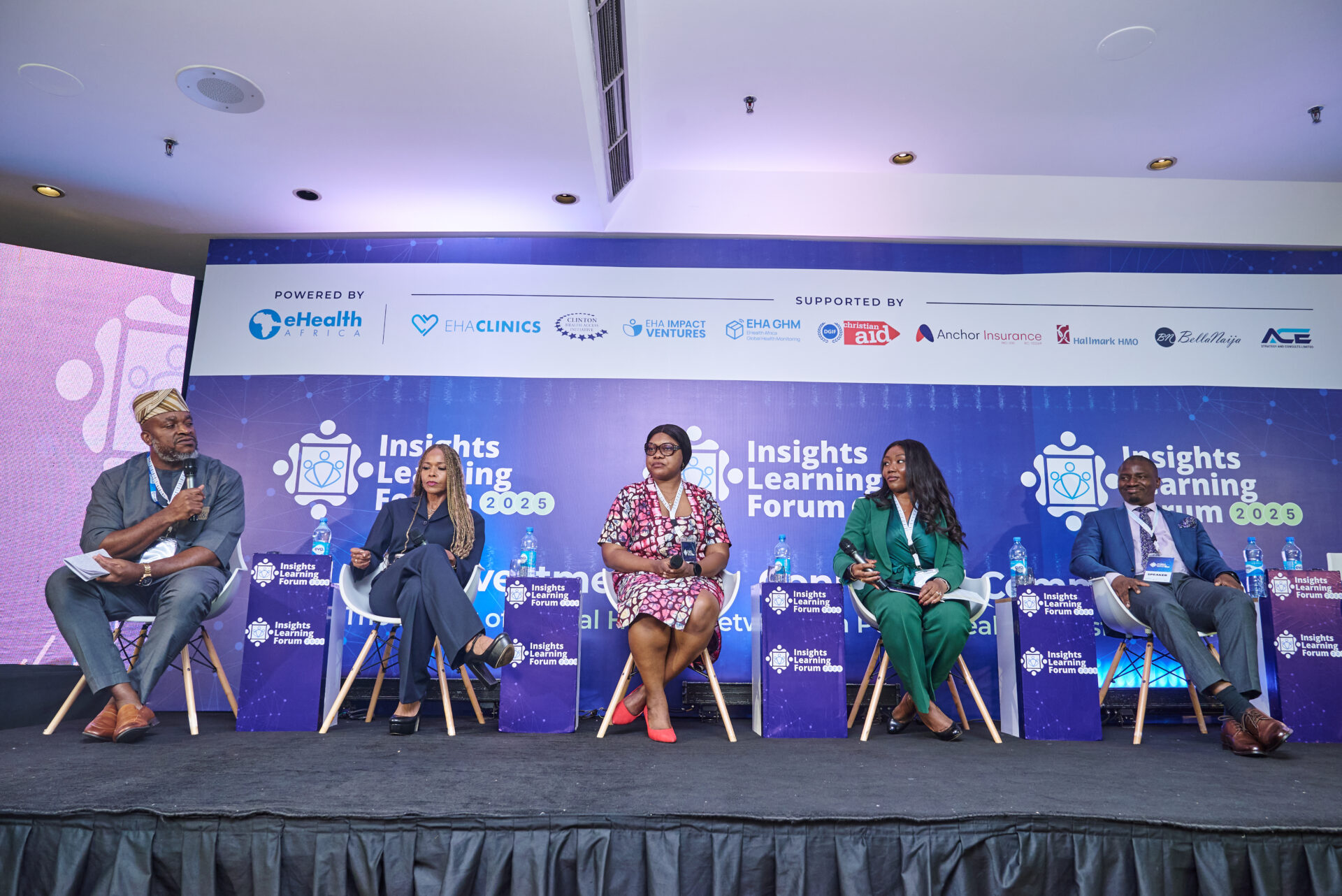
In 2024, the digital health industry attracted $10.1 billion in venture capital funding, a slight dip from $10.8 billion in 2023, yet still above the total raised in 2019. According to Rock Health’s latest Digital Health Funding Report, startups secured $1.8 billion in venture funding across 118 deals in Q4 2024 alone.
Yet behind these big numbers lie smaller, more urgent stories like local clinics still running on paper, communities without reliable internet, and health workers who have never touched a digital dashboard. In many places, digital solutions remain dependent on external funding, raising hard questions about how long they can last.
These realities and more shaped the discussions at the just-concluded Insights Learning Forum (ILF), where industry leaders, government officials, private sector stakeholders, and innovators gathered to discuss these challenges. From the robust conversations, here are my Top 5 Lessons from ILF 2025:
1- Local Investment in Digital Health is Key to Sustainable Health Outcomes
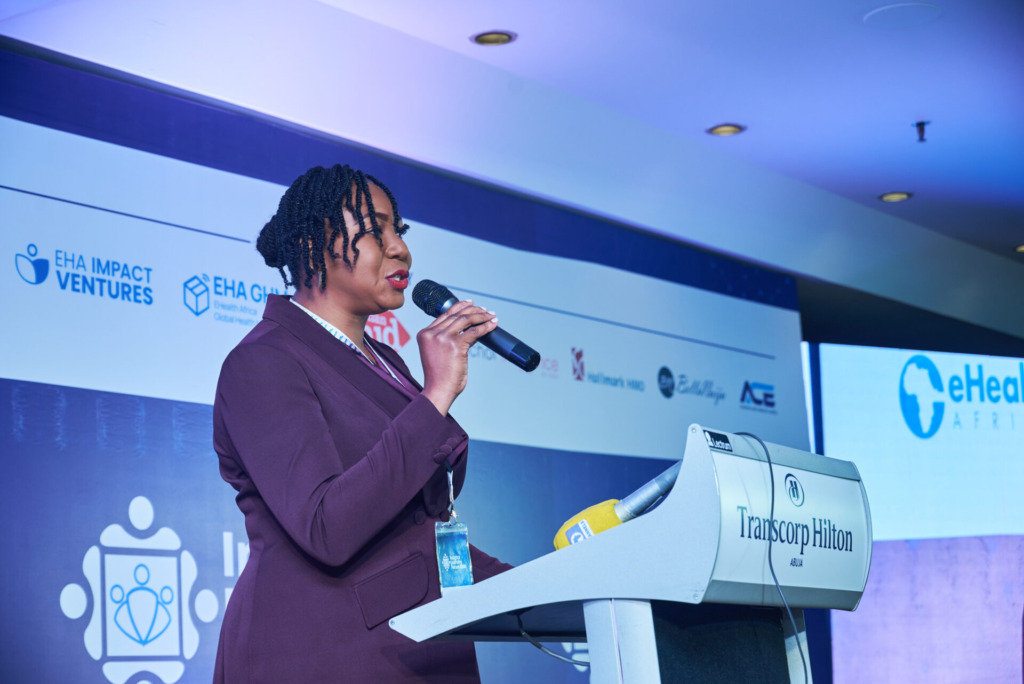
ILF put a spotlight on a critical challenge: the over-dependence on external funding for digital health interventions. In Nigeria, for example, up to 70% of digital health funding comes from external sources, while sustainable local funding streams remain scarce. This gap often leads to fragmented care, underutilized platforms, and persistent challenges in addressing local public health needs.
Ota Akhigbe, Director of Partnerships and Programs at eHealth Africa, framed the issue clearly: “Transformation does not begin with flashy tools or external funding but with local commitment and communities choosing to own their health future and backing that choice with investment.”
She stressed that investment is not just financial; it also means leadership, trust, and long-term commitment. Her call to action was clear: governments must integrate digital health into annual plans and budgets, adding: “Digital health is no longer a theory; it’s happening now”, she noted. We have platforms tracking vaccine delivery, flagging outbreaks, linking clinics to specialists, and delivering test results. The time has come to ensure these systems last.”
2- Digital Solutions Must Match Local Realities and National Priorities
A recurring message from ILF was that digital health initiatives often fail to endure because they are not designed for the communities we serve. Without alignment to local contexts and national strategies, even well-funded projects risk becoming irrelevant.
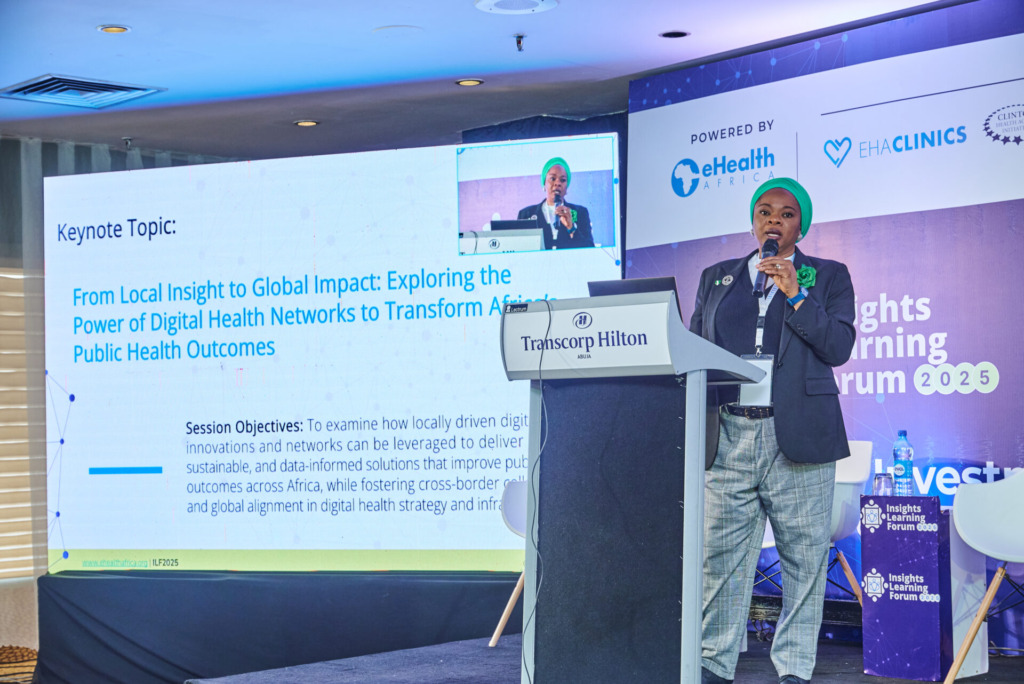
Mories Atoki, CEO of African Business Coalition (ABC) Health, urged a shift in approach: “Let’s talk about what we want. Let’s speak up. Let’s help the public and private sectors understand how to work together. Let’s support innovation and knowledge sharing. We must collaborate more and align stakeholders with national priorities.” The forum reinforced the need to scale digital solutions responsibly and in alignment with community needs.
3- Collaboration : Teamwork Makes the Health Work
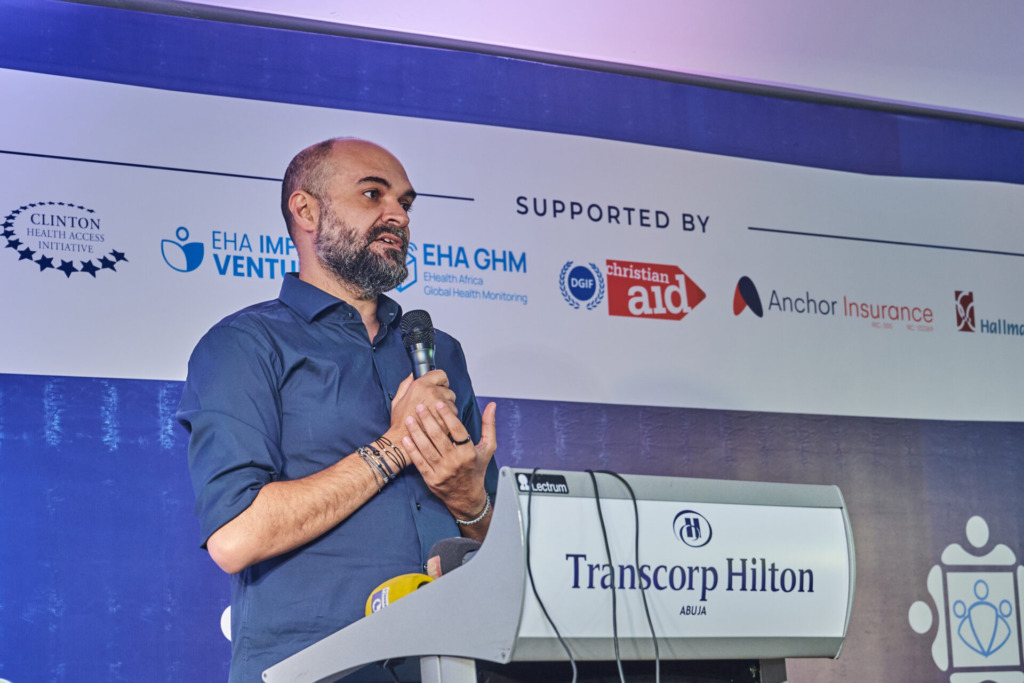
ILF’s journey from a modest monthly webinar to a flagship industry event demonstrates the power of partnership. As Atef Fawaz, Executive Director of eHealth Africa, noted: “ILF began as a simple webinar, and today, it’s grown through the strong commitment of our partners. We look forward to even greater collaboration aligned with government policies and national priorities.”
Dr. Gafar Alawode, CEO of Development Governance International (DGI Consult), echoed this sentiment: “We must adopt a multisectoral approach to digital health—where the government leads and the private sector supports—to build systems that truly serve the people. Digital optimization means delivering the right solution at the right place and time; a goal only possible through strong cross-sector partnerships.”
4 — State Must Rise to Challenge of Health in Fund and Leadership
Sustainable digital health requires more than donor grants, it demands decisive government leadership. Dr. Muntaqa Umar-Sadiq, National Coordinator of the Sector-Wide Coordinating Office-Programme Management Unit (SCO-PMU) for the Nigeria Health Sector Renewal Investment Initiative (NHSRII), emphasized this point saying, “The government has made digital health a key part of its unified health plan. We also have stakeholders present today who are dedicated to developing country-owned, locally led solutions that leverage innovation in both service delivery and health technology.” He noted that ongoing digital health discussions should build consensus and integrate the many fragmented initiatives currently operating in the country.
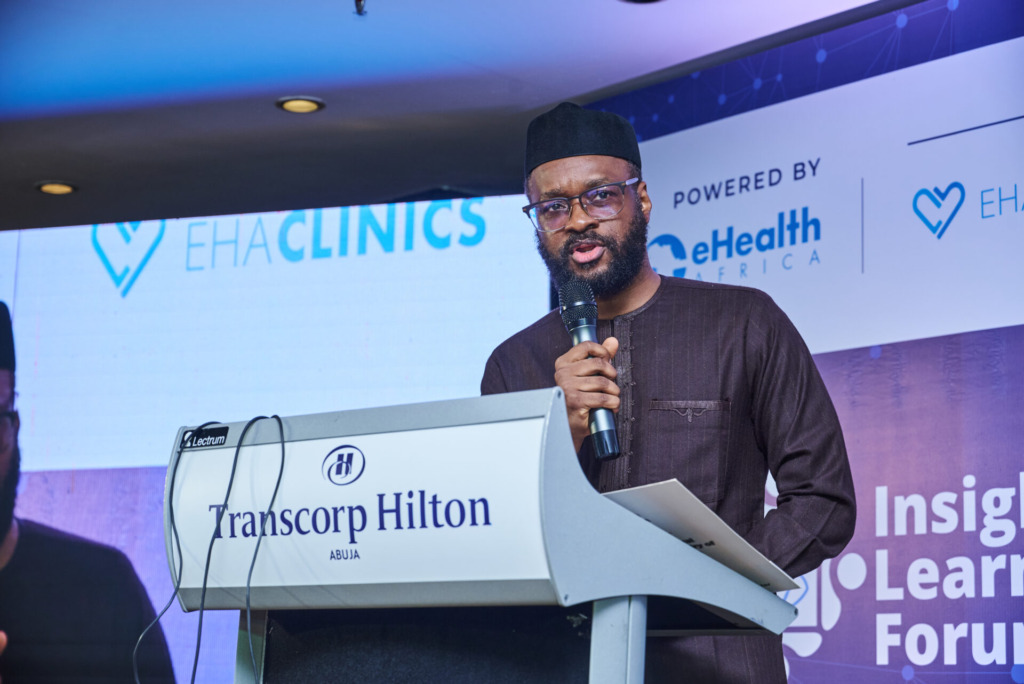
5- Sexual and Reproductive Health Rights (SRHR) Need Funding and Reforms
Gaps in sexual and reproductive health rights (SRHR) persist due to chronic underfunding, policy gaps, and cultural barriers. During a panel on “The Role of Digital Tools and Innovative Financing Models in Expanding Access to Sexual Reproductive Health Rights”, Charles Usie, Country Director at Plan International Nigeria, highlighted the imbalance: “We are dealing with an issue of unequal power. Women and girls do not have the same authority men enjoy. That’s why we have more condoms than sanitary pads because of who makes the decisions.” Panelists urged the government to prioritize tackling maternal mortality, teenage pregnancy, and gender-based violence, while also leveraging digital tools to improve access to reproductive health services.

A Call to Action
The Insights Learning Forum 2025 made it clear: sustainable digital health is not about technology alone, it’s about people, policy, and partnerships. From mobilizing local investment to designing context-specific solutions, from strengthening cross-sector collaboration to prioritizing women’s health, the path forward demands shared ownership. As participants agreed, digital health must move beyond pilot projects to become a resilient, integrated, and locally driven system, one that can stand the test of time.
